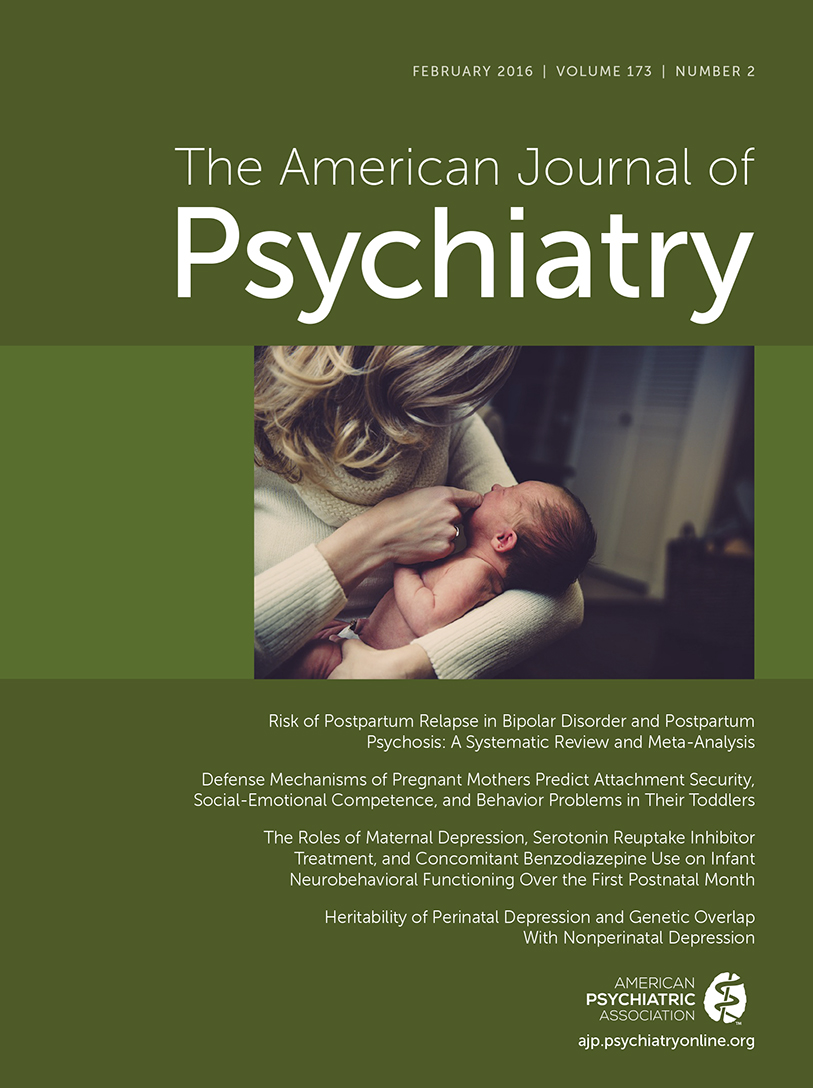The Sequential Integration of Pharmacotherapy and Psychotherapy in the Treatment of Major Depressive Disorder: A Meta-Analysis of the Sequential Model and a Critical Review of the Literature
Abstract
Objective:
A number of randomized controlled trials in major depressive disorder have employed a sequential model, which consists of the use of pharmacotherapy in the acute phase and of psychotherapy in its residual phase. The aim of this review was to provide an updated meta-analysis of the efficacy of this approach in reducing the risk of relapse in major depressive disorder and to place these findings in the larger context of treatment selection.
Method:
Keyword searches were conducted in MEDLINE, EMBASE, PsycINFO, and Cochrane Library from inception of each database through October 2014. Randomized controlled trials examining the efficacy of the administration of psychotherapy after successful response to acute-phase pharmacotherapy in the treatment of adults with major depressive disorder were considered for inclusion in the meta-analysis.
Results:
Thirteen high-quality studies with 728 patients in a sequential treatment arm and 682 in a control treatment arm were included. All studies involved cognitive-behavioral therapy (CBT). The pooled risk ratio for relapse/recurrence was 0.781 (95% confidence interval [CI]=0.671–0.909; number needed to treat=8), according to the random-effects model, suggesting a relative advantage in preventing relapse/recurrence compared with control conditions. A significant effect of CBT during continuation of antidepressant drugs compared with antidepressants alone or treatment as usual (risk ratio: 0.811; 95% CI=0.685–0.961; number needed to treat=10) was found. Patients randomly assigned to CBT who had antidepressants tapered and discontinued were significantly less likely to experience relapse/recurrence compared with those assigned to either clinical management or continuation of antidepressant medication (risk ratio: 0.674; 95% CI=0.482–0.943; number needed to treat=5).
Conclusions:
The sequential integration of CBT and pharmacotherapy is a viable strategy for preventing relapse in major depressive disorder. The current indications for the application of psychotherapy in major depressive disorder are discussed, with special reference to its integration with pharmacotherapy.



